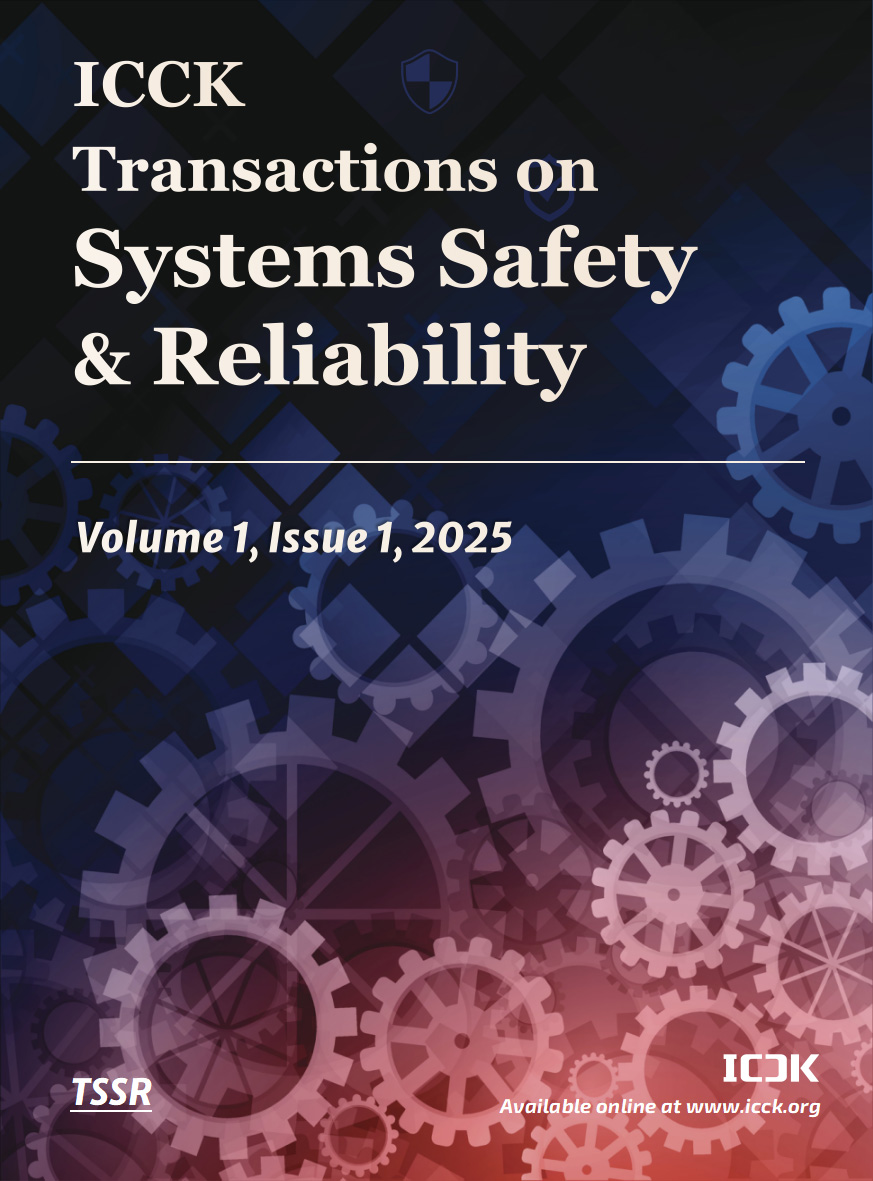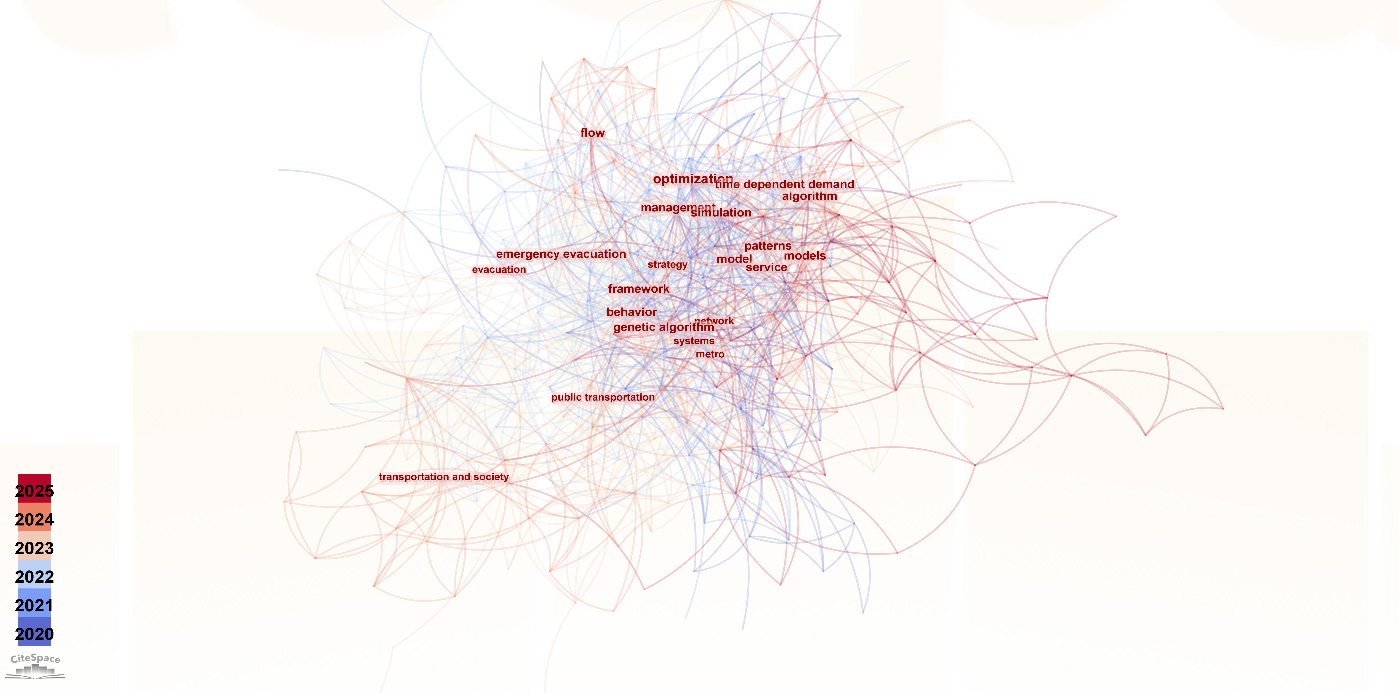Abstract
This paper comprehensively reviews literature on the operations management of metro systems, which are crucial for urban mass transit. It classifies the existing research into five categories: 1) passenger demand prediction; 2) timetabling and scheduling; 3) system vulnerability, resilience and performance; 4) resource planning; and 5) evacuation optimization. The paper focuses on publications in the last decade in order to reflect the latest research and industrial trends. In addition, some limitations of the existing literature are located and the potential knowledge gaps are identified. The paper provides a useful reference for developing sustainable and resilient metro systems to meet the needs of expanding cities while maintaining high standards of safety, reliability, and efficiency.
Data Availability Statement
Data will be made available on request.
Funding
The work was supported by the National Natural Science Foundation of China under Grant 72001027, the Postdoctoral Foundation of China under Grant 2021M693331, and the Fundamental Research Funds for the Central Universities.
Conflicts of Interest
The authors declare no conflicts of interest.
Ethical Approval and Consent to Participate
Not applicable.
Cite This Article
APA Style
Gao, k., Wu, D., Zhang, S., Peng, R., & Wu, S. (2025). The State-of-the-Art Development and New Challenges: Operations Management of Metro Systems. ICCK Transactions on Systems Safety and Reliability, 1(1), 4–20. https://doi.org/10.62762/TSSR.2025.246708
Publisher's Note
ICCK stays neutral with regard to jurisdictional claims in published maps and institutional affiliations.
Rights and Permissions
Institute of Central Computation and Knowledge (ICCK) or its licensor (e.g. a society or other partner) holds exclusive rights to this article under a publishing agreement with the author(s) or other rightsholder(s); author self-archiving of the accepted manuscript version of this article is solely governed by the terms of such publishing agreement and applicable law.


 Submit Manuscript
Edit a Special Issue
Submit Manuscript
Edit a Special Issue

